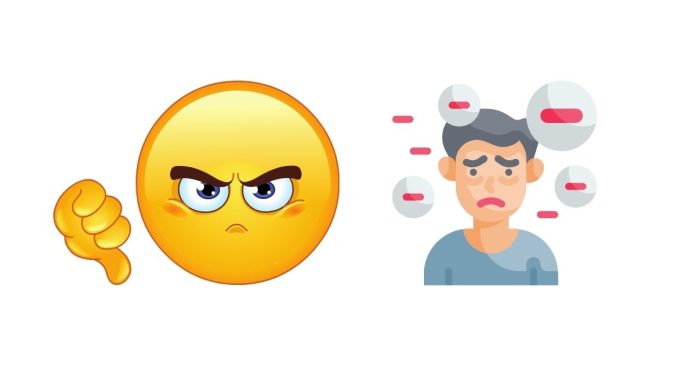Have you ever heard the phrase, “No one likes you when you’re 23” and wondered, what does that actually mean? It’s a line from the popular song “What’s My Age Again?” by the band Blink-182, and it’s often quoted when people are talking about the struggles or awkward moments associated with being in your early twenties. But why does this phrase specifically reference 23? And what is it really trying to convey about that particular age?
In this blog post, we’ll take a closer look at the phrase “No one likes you when you’re 23,” its origins, and the deeper meaning behind it, especially in the context of personal growth, societal expectations, and the complexities of early adulthood.
The Origin of the Phrase: Blink-182’s “What’s My Age Again?”
The phrase “No one likes you when you’re 23” comes from the 1999 hit song “What’s My Age Again?” by the American rock band Blink-182. The song is about youthful confusion and immaturity, a common theme in the band’s music. In it, the lead singer, Mark Hoppus, reflects on the uncertainties and contradictions that come with growing up, including the disorientation and social challenges of being in your early twenties.
The line about 23 stands out because it refers to a moment in life when many people still feel like they are transitioning from adolescence to adulthood, yet might not quite feel like they fit in either stage. This age often brings a mix of excitement, confusion, and pressure to “have it all together”—all of which are emotions captured in the song.
What Does “No One Likes You When You’re 23” Really Mean?
So, what exactly is being said with this phrase? While it may sound negative or pessimistic on the surface, it’s more of a playful reflection on the awkwardness of being 23, a time when many people feel as though they are at a crossroads in life.
Here’s why this particular age is singled out:
- In-Between Age: At 23, you’re not a teenager anymore, but you may not quite feel like a fully-fledged adult either. You might have just graduated from college or started your first real job, and you’re figuring out where you fit in the world. You’re expected to make more adult decisions, but sometimes, the responsibility feels overwhelming. This limbo period can lead to frustration and confusion, which may make it feel like you’re not as “liked” or accepted as you’d hope.
- The Struggle with Expectations: Society often places a lot of pressure on young adults to “get their life together” by 23. Whether it’s having a steady career, a long-term relationship, or just feeling like you’ve got things figured out, the reality is that many people at this age are still figuring things out. This can lead to feelings of inadequacy and a sense that you’re not living up to expectations, making you feel “unliked” or misunderstood.
- Social Dynamics: The phrase also plays into the social awkwardness that comes with being 23. In your early twenties, you may still be figuring out who your true friends are, navigating changing social circles, and trying to establish your identity. It’s common to experience misunderstandings, disagreements, or even loneliness during this time, which may contribute to the feeling that others aren’t as fond of you as they might have been at younger ages.
- The Rebellion Phase: The early twenties are often a time of rebellion and testing boundaries. Many people experiment with their identity, lifestyle, and values, which can sometimes cause tension in relationships. Friends or acquaintances who knew you in earlier stages might not understand the changes you’re going through, leading to feelings of alienation.
Is 23 Really That Bad?
While the phrase from the Blink-182 song might sound like a bleak commentary on life at 23, it’s important to remember that it’s not meant to be taken literally. Instead, it highlights the transitional and sometimes difficult nature of early adulthood, when you’re still growing, making mistakes, and figuring out who you are.
In reality, 23 is just a phase in a longer journey of self-discovery. You’ll likely look back on that year with a sense of nostalgia and realize that it was a period of immense growth. Many people in their mid-20s reflect on the awkwardness of being 23 with humor and even fondness, recognizing that it was a crucial time for learning about themselves, their relationships, and their place in the world.
In conclusion, the phrase “No one likes you when you’re 23” encapsulates the feelings of uncertainty, rebellion, and self-discovery that come with the early twenties. It’s a playful yet poignant expression of the challenges of finding your way during this awkward and transitional time. But instead of focusing on the idea that people don’t like you, remember that being 23 is about personal growth and learning to embrace who you are—flaws, mistakes, and all.
So, whether you’re 23 or far beyond it, don’t be discouraged by the phrase. It’s all part of the beautiful, confusing, and exciting journey of growing up!


